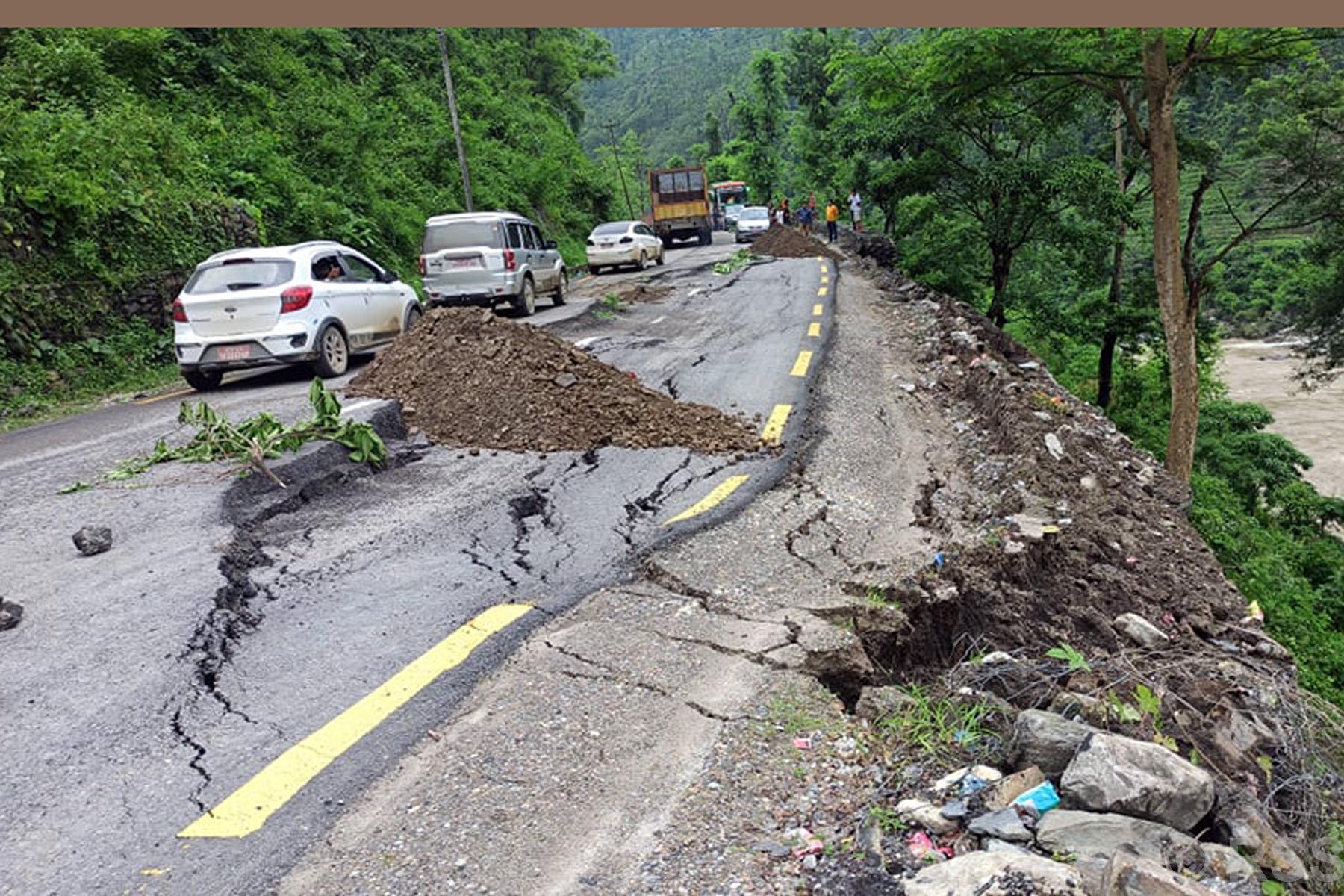0%

Image for Representation.
KATHMANDU: A discernible pattern emerges from the work and progress reports of various Chinese companies engaged in Nepal’s construction sectors, suggesting a strategy of securing contracts at a bargain, even at the cost of work delays.
An illustrative case is Anhui Kaiyuan Highway and Bridge Construction, a Chinese company tasked with completing the Muglin-Abukhareni-Pokhara road section by Baisakh, 2081 BS. Shockingly, the firm has managed to achieve less than 20 percent of the project’s completion.
Evidently, the company began construction belatedly and displayed minimal enthusiasm in advancing the project, while resorting to negotiations with the government citing budgetary constraints. Deputy Prime Minister and Home Minister Narayankaji Shrestha, Physical Infrastructure and Transport Minister Prakash Jwala, and the Director General of the Road Department have overseen the project’s progress and have issued directives, yet the company remains indifferent.
The populace and travelers along the highway are set to endure prolonged inconvenience due to this dereliction, highlighting a concerning recurring trend.
The Muglin-Pokhara road project was split into two sections, encompassing the 80 km stretch from Muglin to Pokhara. Regrettably, the construction firm’s delay in commencement spanned almost a year after the contract signing.
The Muglin-Pokhara Project, the eastern section contract spanning 41 km from Muglin to Jamune, was entrusted to China Communication Construction Company. The company clinched the deal for this segment, valued at NPR 6.21 billion (excluding the Madi bridge).
Narendra Subedi, head of the eastern section, indicated a separate NPR 1.2 billion contract for the Madi bridge’s construction in that division. He noted that merely 18 bridges need erection in the eastern section.
The contractual stipulation mandates 60 percent completion of work in the eastern section alone, a benchmark far from achieved as only around 20 percent of work has materialized.
This disconcerting pattern of Chinese firms securing projects at favorable rates and subsequently engaging in protracted negotiations with the government, as observed in various national pride projects like Melamchi Drinking Water Project or hydropower projects, deserves attention. The government’s effectiveness in holding such companies accountable for their commitments remains a pressing concern.